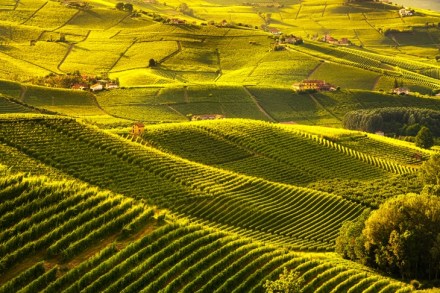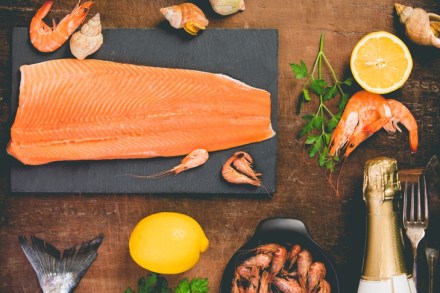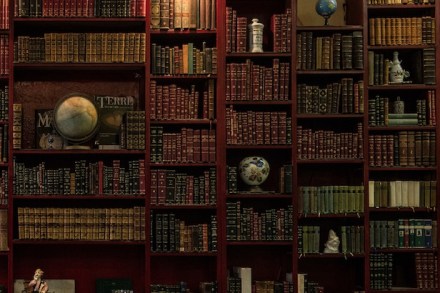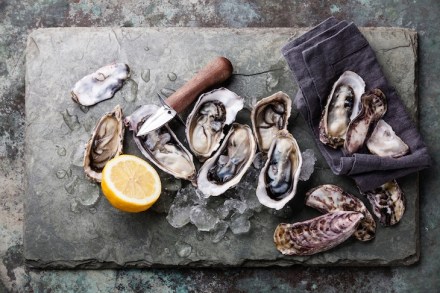Comfort in chaos
It appeared to be an uneven contest. A few friends were meeting for a festive wine-tasting, to compare and contrast some interesting bottles. The clarets opened with an Angelus ’98, a superb wine from an outstanding year. In response, the Palmer ’04 seemed to be outgunned. But, gaining strength from a bit more time in the decanter, it became increasingly formidable. Words and wine: there is an unceasing struggle to translate wine into language without falling into euphuism or pseudery. This time, I felt drawn to a naval image. In its growing power, the Palmer reminded me of that early scene from Sink the Bismarck! Amid the grey skies and














